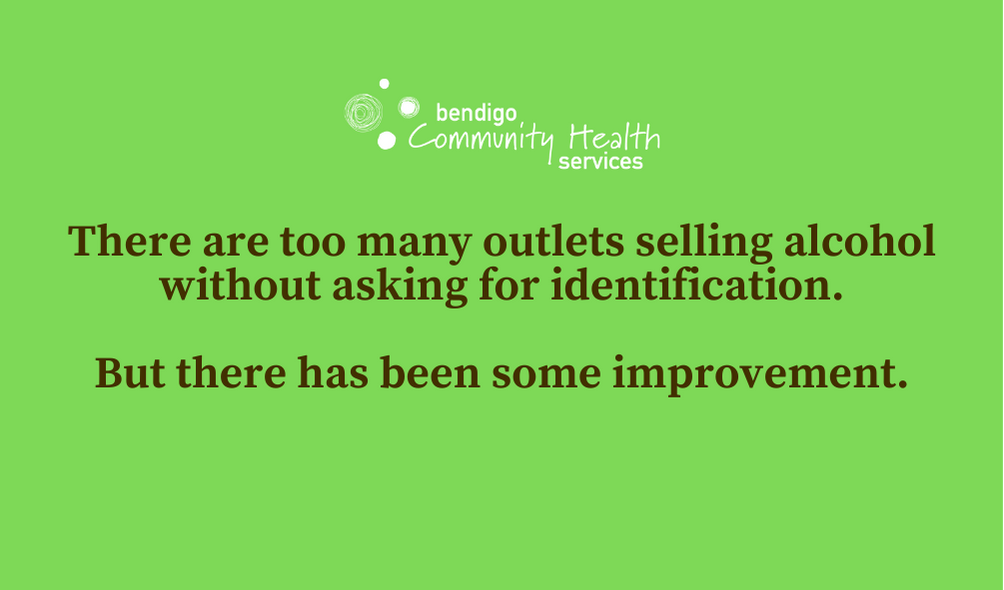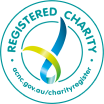Alcohol signage laws were visible in 70 per cent of the outlets audited, however 38 per cent of these did not request identification.
BCHS Health Promotion and Community Engagement Officer, Valerie Nkala, says while there were still too many outlets selling alcohol without asking for identification, BCHS did note improvement from the last audit.
“We are seeing more outlets asking for identification in this cycle compared to the pre intervention stage in 2021,” she said.
The 2021 pre-intervention audit saw 28 outlets visited, with 16 selling alcohol without asking for identification. Two outlets asked for ID but still sold alcohol, while the remaining 12 outlets followed legislation and did not proceed with the sale if ID was not produced.
“Wearing of face coverings could also explain the high number in the previous cycle, as faces were often hidden,” Ms Nkala said.
“Franchise and independent stores are still falling behind, both having high numbers of stores who sold alcohol without asking for ID.”
BCHS will issue letters to all outlets visited during the recent audit.
Australian Institute of Health and Welfare data indicates younger people are more likely than any other age group to consume alcohol that exceeds the single occasion risk guidelines, by consuming on average more than four standard drinks on one occasion.
- Young adults aged 18–24 were the most likely of all age groups to exceed single occasion risk guidelines at least monthly (41 per cent), compared with 25 per cent of people aged 14 and over (Figure YOUNGER2). This is consistent with data from the National Health Survey (ABS 2018b).
- The proportion of young adults aged 18–24 years exceeding single occasion risk guidelines fell slightly between 2016 and 2019 (42 per cent in 2016 to 41 per cent in 2019).
- There has been an overall reduction in the proportion of young people aged 18–24 years exceeding single occasion risk guidelines, from 54 per cent in 2007 to 41 per cent in 2019.
- The proportion of young people aged 14–17 exceeding the adult single occasion risk guidelines showed a small increase between 2016 and 2019 (8 per cent to 8.9 per cent) (Table S3.35; AIHW 2020).






